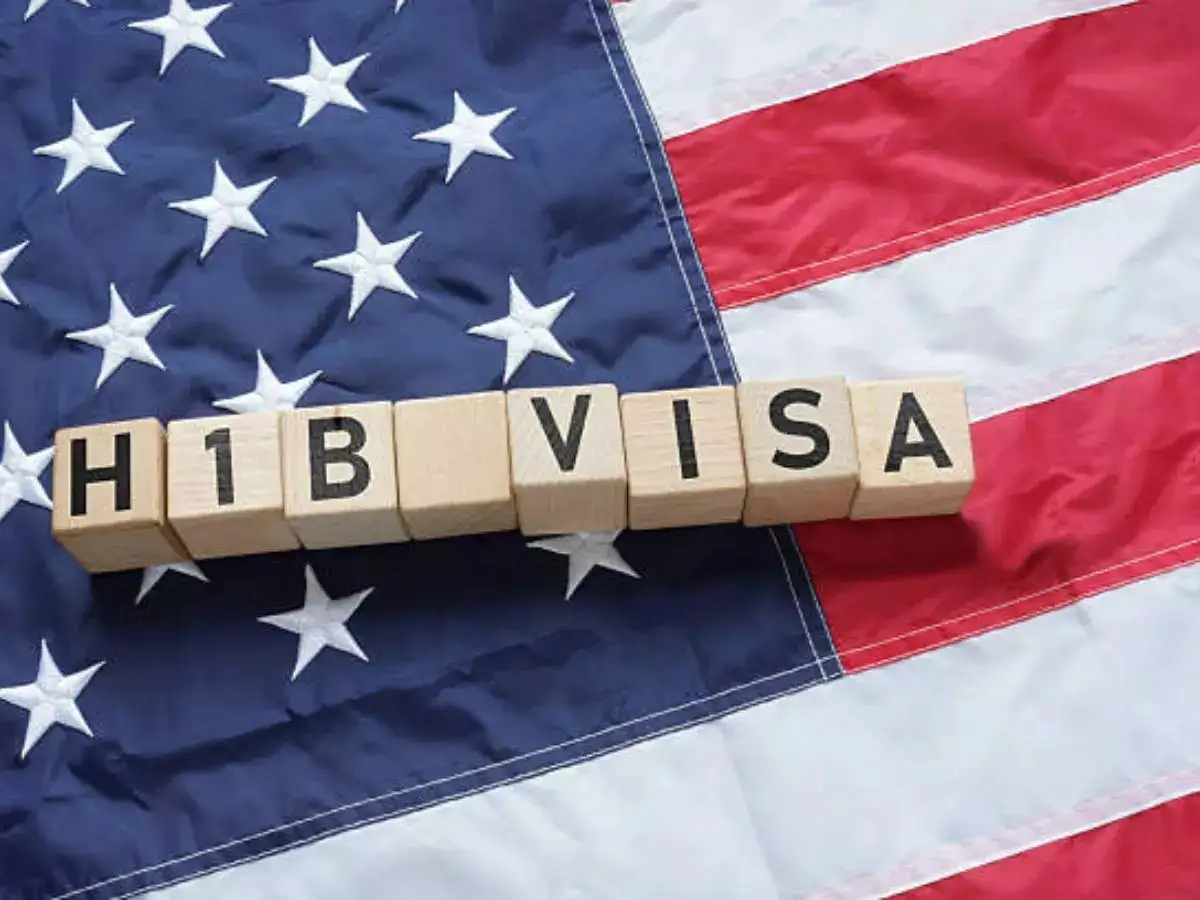New H-1B Visa Rule: $100,000 Fee Sparks Nasscom Warning on US Innovation Impact
The drastic H-1B fee increase and short implementation timeline signal a significant shift in U.S. immigration policy, posing immediate operational challenges for businesses and raising concerns about its long-term impact on global talent mobility and economic competitiveness.

Article Summary
Nasscom warns that new H-1B visa rules, including an executive order hiking fees to $100,000, could negatively impact US innovation and the job economy. The executive order, effective September 21, targets outsourcing firms, claiming they displace American workers, despite Indian IT companies having already significantly reduced H-1B filings over five years. The industry body expresses concern over the one-day deadline and its disruptive potential for businesses and professionals.
[ Sentiment: negative | Tone: factual ]
This summary and analysis were generated by TheNewsPublisher's editorial AI. This content is for informational purposes only; it does not constitute legal or immigration advice.
TNP AI: Key Insights
This unprecedented $100,000 H-1B fee, imposed via executive order with a rapid implementation deadline, represents a significant barrier for employers seeking to leverage the H-1B program. For businesses, especially smaller tech firms and those reliant on global talent, this cost could make hiring foreign skilled workers prohibitive, potentially dampening innovation and shifting talent strategies away from the U.S.
Historically, H-1B fee adjustments have been gradual and typically tied to legislative mandates, making this drastic, executive-driven increase a stark departure from previous policy approaches. Such an aggressive and abrupt change is highly susceptible to immediate legal challenges, which could lead to injunctions and prolonged uncertainty for both employers and visa holders.
While other major global talent hubs like the UK, Canada, and Australia periodically adjust visa fees, none have implemented a fee hike of this magnitude or with such short notice. This sharp contrast could enhance the appeal of these alternative countries for skilled professionals and multinational corporations seeking more predictable and less costly avenues for international talent acquisition.




